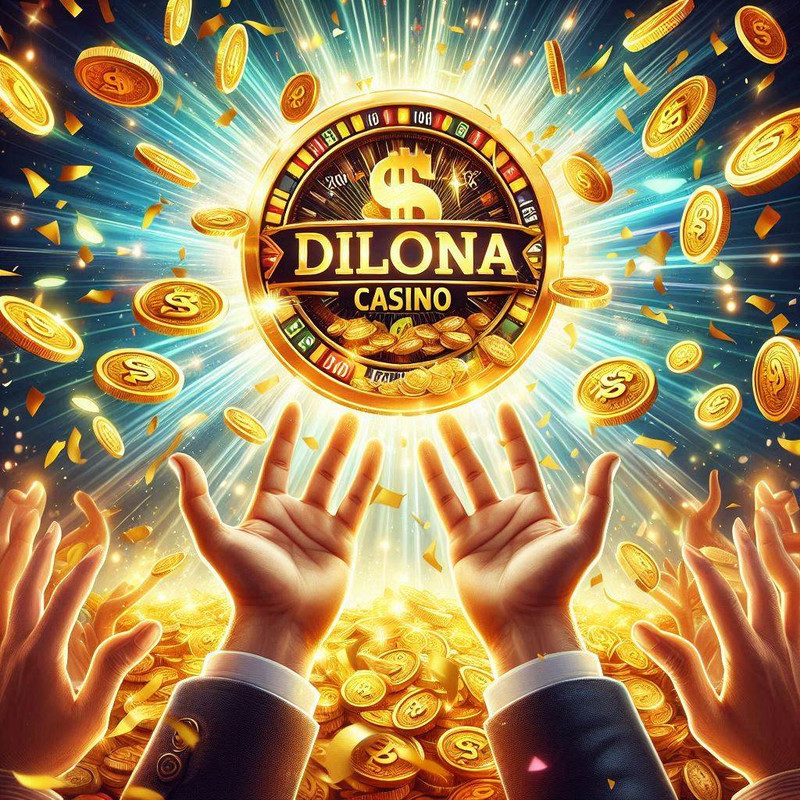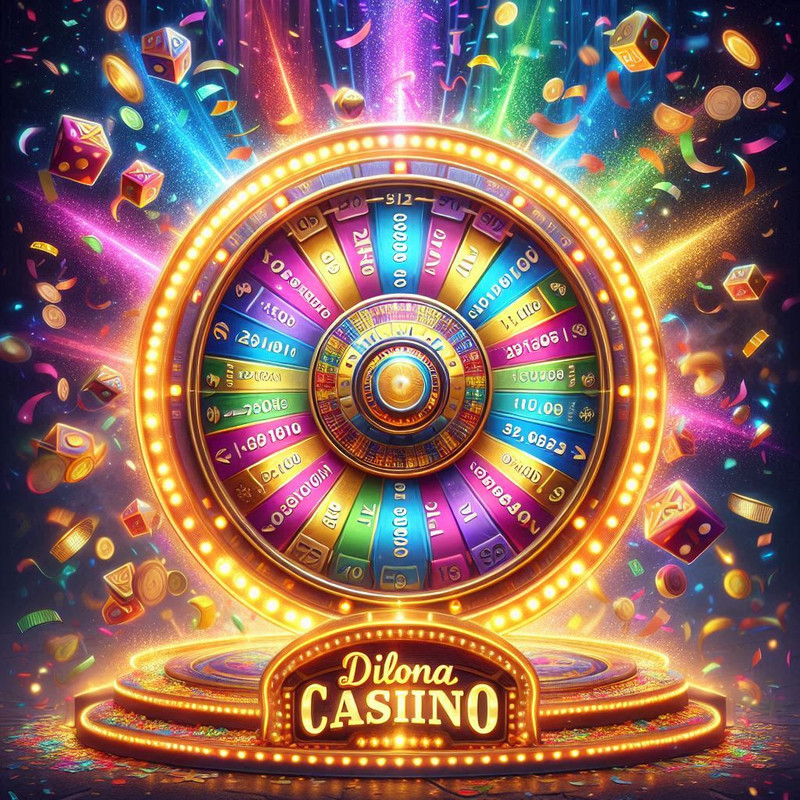|
|
Online casinos have become a hot topic in the world of digital entertainment, with millions of players logging on daily to try their luck at pokies, poker, and live dealer games. But behind the flashy graphics and promises of big wins lies a complex ecosystem of regulation, player behavior, and evolving technology. One of the most discussed topics in recent months is the rise of "gambling influencers" — content creators who blend entertainment with high-stakes betting, often blurring the lines between responsible gaming and reckless thrill-seeking.
James Korney, a well-known gambling analyst and former casino consultant, recently raised concerns about this trend during his keynote speech at the Global iGaming Summit in Malta. He argued that platforms like YouTube and Twitch are flooded with videos featuring jaw-dropping jackpots and aggressive betting strategies, which can normalize risky behavior among younger audiences. "We're seeing a generation being shaped by what they see online," Korney explained. "When a streamer drops $500 on a single spin and it goes viral, it sends the wrong message."

This issue has also been explored by one of the most popular gambling YouTubers, Diana Kiovna , whose channel boasts over 2 million subscribers. Known for her in-depth pokie reviews and real-time reactions to big wins, Diana has faced criticism for glamorizing high-risk gameplay. However, she's also taken steps to address these concerns, dedicating an entire series to discussing bankroll management and the psychological effects of gambling. In her latest video, titled"What Happens When the Jackpot Doesn't Hit?", she candidly shares her personal struggles with chasing losses and emphasizes the importance of setting limits.
Meanwhile, the debate around self-exclusion tools has gained traction across forums and social media groups. Many players are now advocating for more user-friendly systems that allow them to step back from gambling when needed. Australia has taken a significant step forward with the introduction of BetStop, a national self-exclusion register that blocks users from all licensed online gambling platforms. Experts say it's a game-changer, but adoption has been slower than expected due to lack of awareness.

Another trending subject is the use of artificial intelligence in detecting problem gambling patterns. Several top-tier online casinos are now experimenting with AI-driven analytics to identify unusual betting behaviors and intervene before things spiral out of control. This proactive approach is part of a broader movement toward responsible gambling by design , where platforms are held accountable not just for offering fair games, but for ensuring player safety as well.
Of course, not all online casinos are created equal. While some operate under strict licensing frameworks — such as those regulated by the UK Gambling Commission or the Malta Gaming Authority — others exist in legal gray areas, making it harder for authorities to enforce protections. Players should always do their homework before signing up, checking for valid licenses and transparency in payout percentages.

For those looking to explore the world of online gambling responsibly, there are plenty of resources available. Sites like https://dilonacasino.top/ offer a wide variety of games and promotions, but it's important to remember that entertainment should never come at the cost of personal well-being. Setting deposit limits, using session timers, and taking regular breaks are simple yet effective ways to stay in control.
Ultimately, whether you're a casual player or a seasoned pro, the conversation around online gambling needs to evolve beyond bonuses and free spins. It’s time we focus more on sustainability, ethics, and mental health — because no amount of money is worth losing yourself over.
If you or someone you know is struggling with gambling addiction, help is available. You can reach out to trusted organizations such as:
|
|

